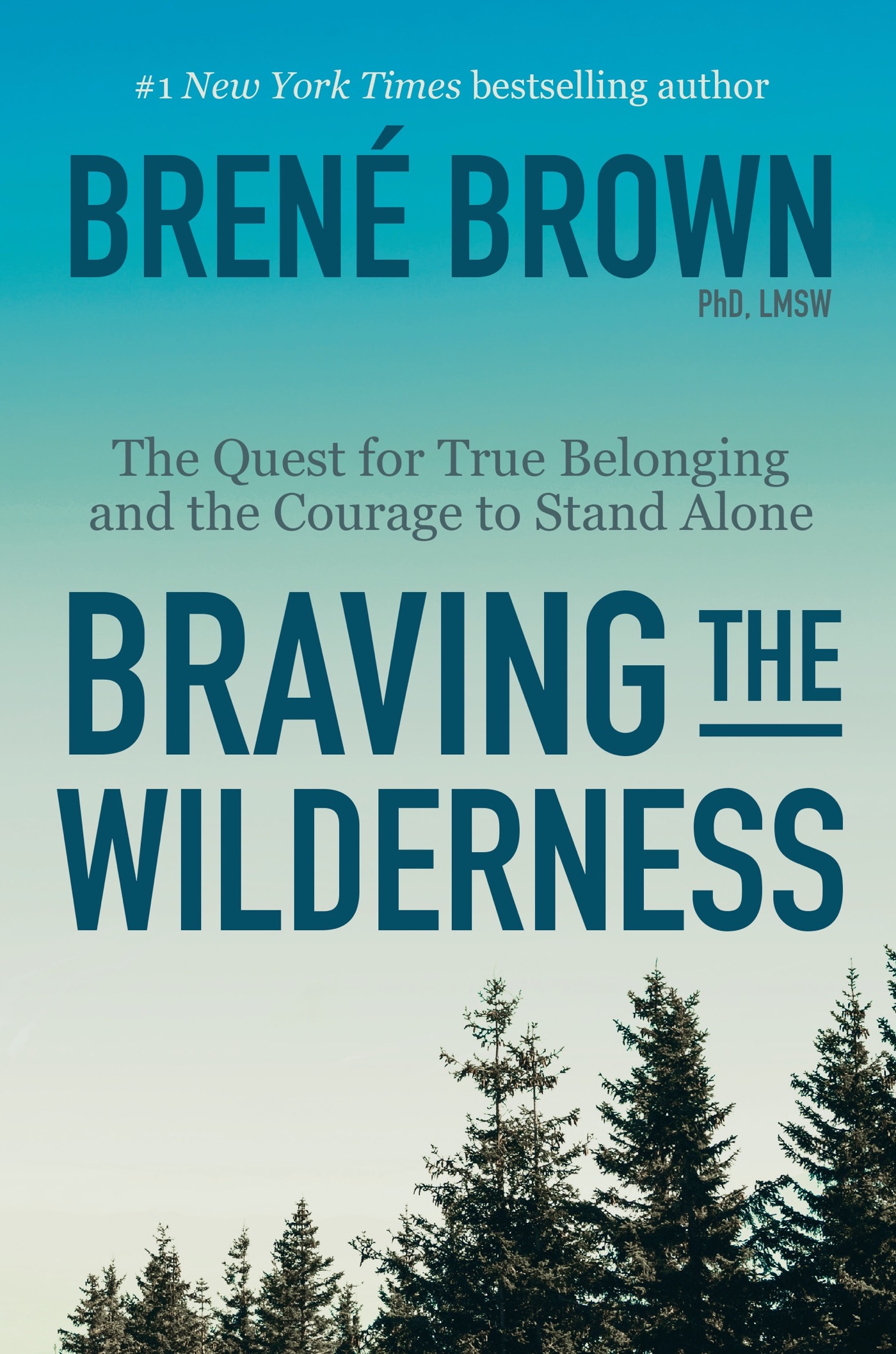
Braving the Wilderness

My journey from expert-level fitting in to true belonging
Brené Brown • Braving the Wilderness
We want to be a part of something, but we need it to be real—not conditional or fake or constantly up for negotiation
Brené Brown • Braving the Wilderness
Mercifully, it will take only a critical mass
Brené Brown • Braving the Wilderness
I’m here to talk from my heart to their hearts. This is who I am
Brené Brown • Braving the Wilderness
You find the courage to own the pain and develop a level of empathy and compassion for yourself and others that allows you to spot hurt in the world in a unique way.
Brené Brown • Braving the Wilderness
Grief for the girl who never belonged anywhere and a longing to figure out who I was, what I liked, what I believed in, and where I wanted to go
Brené Brown • Braving the Wilderness
I found my primary coping mechanism for not belonging in studying people
Brené Brown • Braving the Wilderness
This is especially so in a world where the term “emotional safety” is often used to mean I don’t have to listen to any point of view that’s different from mine, that I don’t like, that I think is wrong, that will hurt my feelings, or that
Brené Brown • Braving the Wilderness
As an introvert, I deeply value alone time, and I often feel the loneliest when I’m with other people